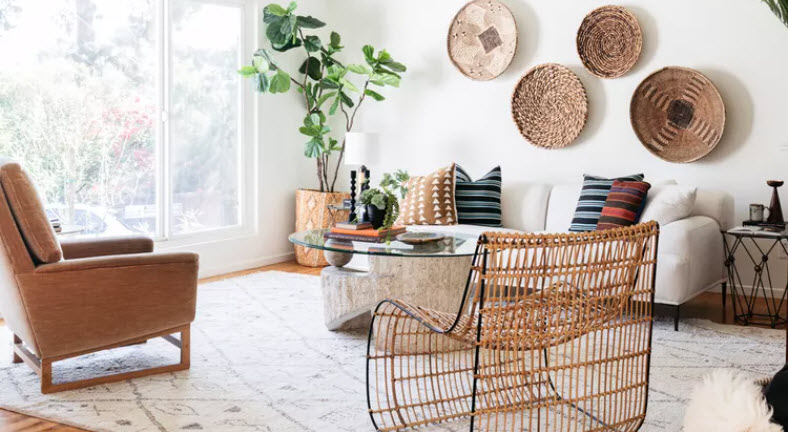There is one phrase that I’ve heard from every client I’ve ever worked with. You’ve probably said it yourself: “I can’t get rid of that! I may need it!”
I don’t disagree. You may need it. Whatever it is. The key questions are: Will you remember you have it when you need it? Will you be able to find it when you want it? And, most importantly, are you aware of the time, money, and space it takes to keep all these different things – just waiting for the moment when you may call them into service?
I believe most people don’t think about the high cost of holding on to stuff they don’t use. So, before you choose to hold on to something you rarely use, here are a few things to consider:
- The cost of storage.
Even when you own something, you’re still paying for the space to keep it. You may not recognize it when you’re housing stuff in your home. But when you’re paying for storage space? Chances are you can replace those things for less than they cost to store.
- The value of time.
You’ve been holding onto something and now you need it! But where is it? Do you know where you put it? Is it accessible? How much time will you spend looking for something before you give up and go buy another one?
- The price of aggravation.
You find the thing you’re looking for. But it’s missing a critical component. Or, it no longer works the way it should. It doesn’t fit. Has fallen apart. Gotten rusty. You wonder, “Why was I holding onto it for all this time?” Good question!
- The investment of unmet expectation.
Holding on to something because you think that someone else will want it in the future is the costliest investment of all. You invest your emotional energy imagining how delighted someone will be to receive something that was important to you. And when they aren’t delighted – or even interested – you’re left disappointed and bereft.
There are lots of reasons to hold on to something. The best reasons are because you love and use it. If there are possessions you don’t use that you want to hold on to, “just in case”, think about how much it’s costing you. You may decide that you don’t want to hold on to those things after all.




